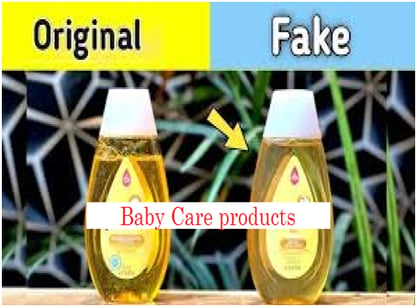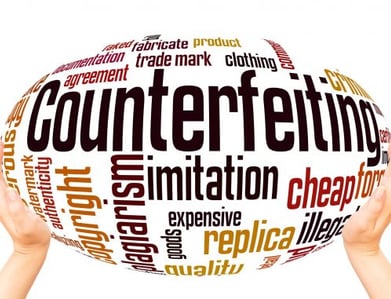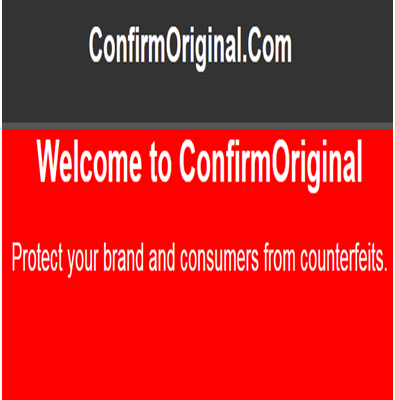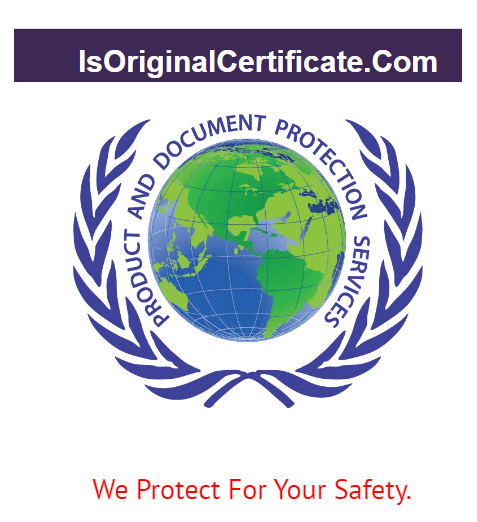Azkena Technologies Pvt. Ltd. (ATPL)
Listening to the news of counterfeit baby care products arriving at Chennai Port, as reported by The Times of India, served as a stark wake-up call. The discovery of very popular baby products, among others, highlighted the vulnerability of even trusted brands. This alarming situation, coupled with findings revealing that it I possible near 25% of baby care products and cosmetics in Kerala were counterfeit, sparked our CEO, Crowley Mathew, to action.


Our research revealed a critical gap: while brands employed internal authentication methods, consumers lacked the ability to independently verify purchases. This led to the development of a consumer-centric verification system, designed to empower individuals with the ability to ensure product authenticity. Our innovative solution, independent of traditional printing technologies, assigns unique IDs to each product unit, enabling real-time verification via the internet. We overcame challenges related to single-use IDs and multi-user verification, creating a robust system that protects brands, retailers, and consumers.


We recognized the need for a comprehensive solution that extended beyond mere verification. What happens when a consumer discovers a counterfeit after purchase? How can brands be supported in combating counterfeiting? We addressed these critical questions, developing a model that includes consumer protection measures, such as free replacements for verified counterfeits, and actionable insights for brand owners. Our model, successfully piloted with "Musli Power Xtra," has matured into a comprehensive commercial system.


Our core philosophy is to empower consumers with verification capabilities. We've expanded our offering to provide unique features that go beyond basic authentication, including Sales Promotion, handling Consumer Complaints, Warranty Activation, Consumer Feedback, Information Sharing Etc. promoting extensive consumer engagement with the brand. This comprehensive approach positions us as a leading force in combating counterfeiting and enhancing brand engagement, creating a safer and more trustworthy marketplace for all.


